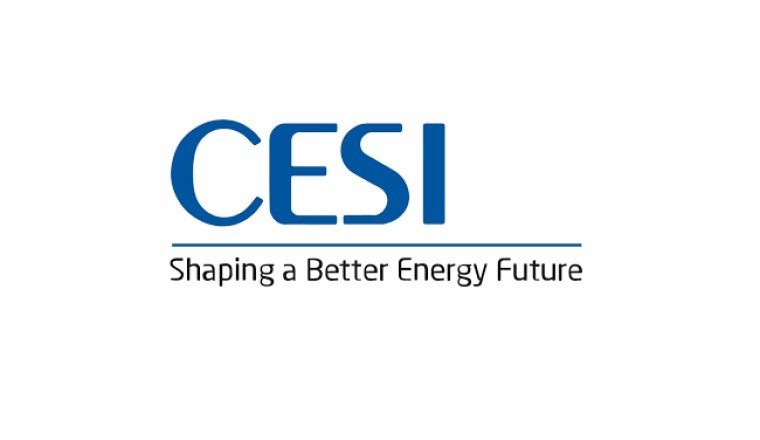
DUBAI, United Arab Emirates--(BUSINESS WIRE/AETOSWire)-- Gulf Cooperation Council Interconnection Authority (GCCIA) with the support of CESI Middle East FZE, a subsidiary of CESI S.p.A. (Centro Elettrotecnico Sperimentale Italiano), a world-leading technical consulting and engineering company launched the GCC Day Ahead Market (DAM) Pilot Project at the Pavilion of the Gulf Cooperation Council at Expo 2020, in Dubai.
This ambitious project consists in the creation of an electronic platform for the pricing of electricity in GCC countries, as part of the first phase of the energy pricing project in the region. After the go-live, the pilot project is set to last over the course of six months, during which the Member States will be able to gather and leave feedbacks for further implementations in the future.
The GCC DAM Pilot Project is the first of its kind, as it represents a fundamental cornerstone for managing the energy exchange platform launched by the Electricity Interconnection Authority in 2018, an essential contribution to the development of the spot market for electricity trading. The Electricity Interconnection Authority has dedicated a full international team, in collaboration with CESI and ENERWEB, to manage and follow this project.
The GCC DAM Pilot Project aims to be a key-step for the evolution of the roadmap of the regional electricity market. This first phase aims at estimating electricity prices at a regional level and enhancing the expertise and skills on electricity trading topics. Due to the complexity of simulating day-ahead market scenarios, CESI has been involved in the creation of the new platform in terms of both quality assurance and project management support.
Matteo Codazzi, CESI Group CEO, stated: “This project is a true milestone for the electricity trading in the Gulf area, as it meets the need to implement tools that can support the shift from fossil fuels to renewable electricity sources for GCC countries. I am very proud of CESI involvement in the initiative: for years, we have been developing and using simulation tools for power markets in Europe and supporting traders and market operators, therefore, our expertise and tools can support the ambition of GCCIA, with the goal of modernizing the Gulf region’s energy market.”
Ahmed Ali Al-Ebrahim, GCC Interconnection Authority CEO added that “The authority has carried out many projects and efforts to develop the energy trade. Last year it launched a platform for bilateral energy exchange contracts, which contributed to an increase in energy exchanged between countries by about 20% and helped significantly improve the lead times of agreements between countries. This new project will only bring forward such development, projecting the region ahead into the future of electricity trading.”
Mr. Al-Ebrahim also highlighted the crucial role of this pilot project: “I want to thank all the key players that contributed to the launch of GCC DAM Pilot Project, which has met the enthusiasm of all member countries. The next six months will be challenging and exciting at the same time, as the feedback will be able to gather will help us not only to develop a better web-based tool, but also to possibly create new ones for ancillary markets and renewable energy markets, therefore supporting the undergoing energy transition amongst GCC countries.”
Floris Hendrikus Schulze, CESI Middle East Managing Director added: “The ground-breaking project was carried out by a professional team of GCCIA in partnership with CESI Middle East FZE. This project will, indirectly, boost the energy transition towards renewables and new innovations like Green Hydrogen and also supports a further expansion of the electricity infrastructure to neighbouring countries and continents like Africa, Asia and Europe by means of inter-regional HVDC interconnections which will enhance trading and exchange of electricity between countries and regions. We might even expect in the future a Pan Arabic energy market.”









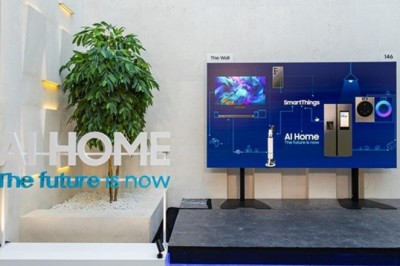
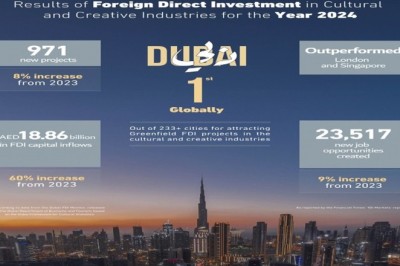
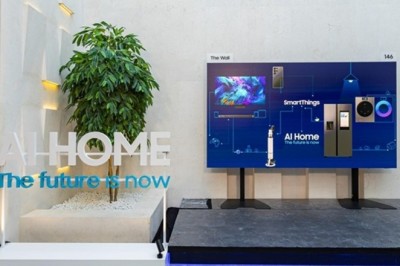


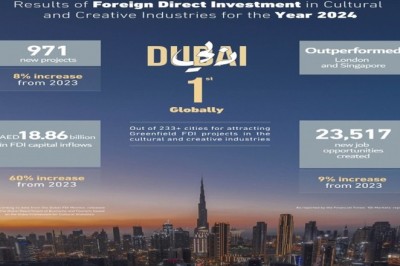


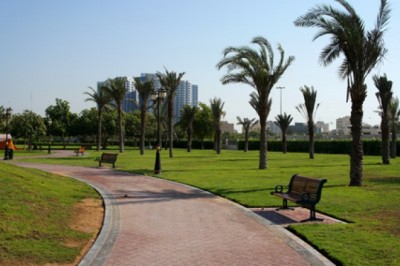

Facebook Conversations
Disqus Conversations